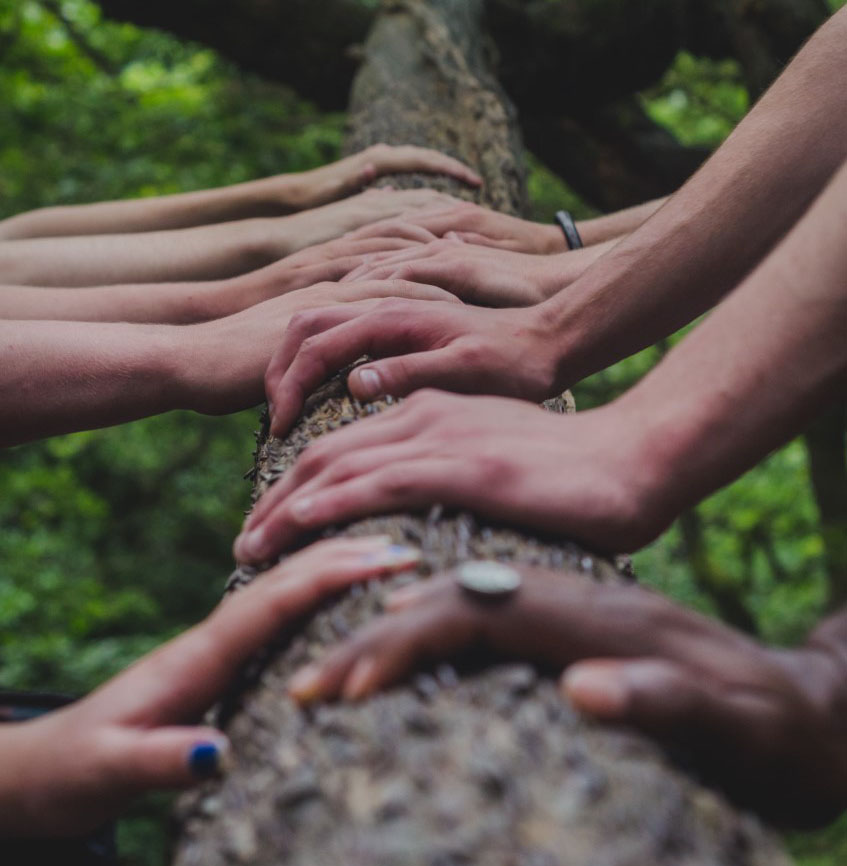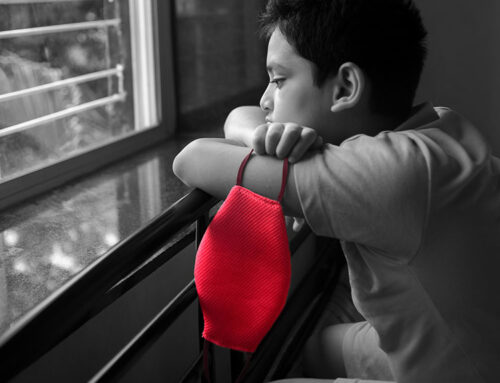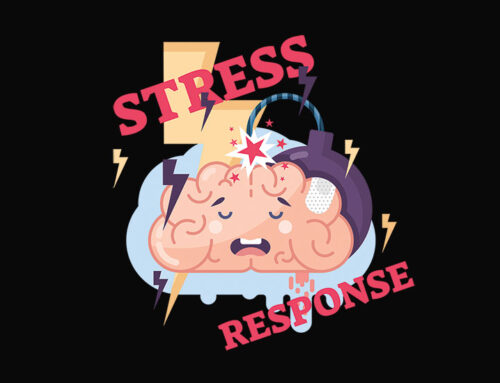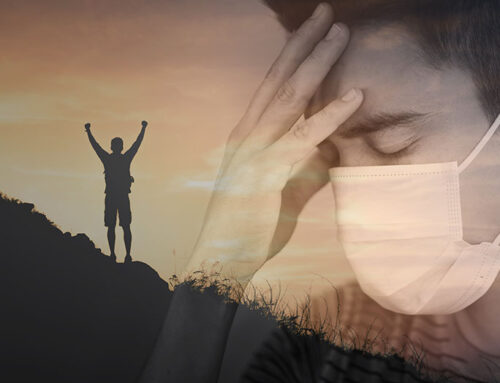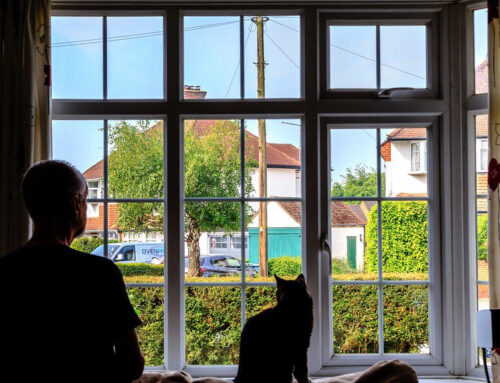The beginning of every new academic year is always a stressful period for college students who face the pressures of performing well in classes, making new friends, and adjusting to living away from home. However, this year, college students are presented with an additional unique challenge – starting school amidst a global pandemic. Even though Coronavirus cases are continuing to rise across the country, many universities insist that students should return to college, leaving students to deal with the challenge of living on campus and attending classes, while also staying safe and healthy.
The return to college has proved to be a unique experience for many reasons. At Stony Brook University, residential students were required to get tested before moving in and must continue to get tested every two weeks throughout the semester. This information is reflected in the Coronavirus dashboard website, which displays the number of positive cases and the number of total tests done on campus. While most classes are being held online with pre-recorded or live lectures, lab classes are being held in person at limited capacity, where students sit in designated seats diagonally from their lab partners and are separated by plastic shields. Exams are given online with video monitoring. There are hand sanitizer dispensers and signs reminding students to socially distance and wear masks throughout the campus. Dining halls have limited the number of students that are allowed in at once and use heat maps to show how busy it is at any given time. They have also been offering prepared meals for students to grab and go.
While these drastic changes have been effective in preventing an outbreak thus far, it has also left many students feeling isolated and anxious. With the lack of social interaction and extracurricular activities, many students feel disconnected from their support systems. To help students feel more connected with their peers, the university has been offering virtual events for students to attend. These events range from informational sessions to craft workshops to virtual movie nights, giving students some semblance of normalcy in uncertain times. Ultimately, despite the challenges and setbacks, the university has done well with minimizing the risk of transmission, regularly updating the students about the situation on campus, and keeping the students as virtually connected as they can.
Despite these measures, feelings of stress and anxiety are inevitable, but there are ways students can manage them. Students can try to maintain a regular schedule that includes time for physical activity, socializing with friends and family, and relaxation. Getting fresh air and stretching can help to boost energy and serves as a good break from too much screen time. This can also be a good time to catch up with loved ones on the phone, which can help reduce the feeling of isolation. While we may be physically apart, it is still possible to remain connected with people that care about you. It is paramount to remember that while school is important, your mental health should be the priority. A new online world can make time management and setting boundaries difficult but having a schedule with set times to relax can help to recharge the mind and body. This can help reduce stress as well as burn out and fatigue.
 by Ria Bhutra
by Ria Bhutra
Ria is a third year student at Stony Brook University pursuing a major in biology and a minor in health, medicine, and society. She is passionate about improving access to mental health care and breaking down the barriers to care. Ria plans to become a psychiatrist. In her free time, she enjoys reading, doing puzzles, and playing video games.
Feature image by Shane Rounce for Unsplash

